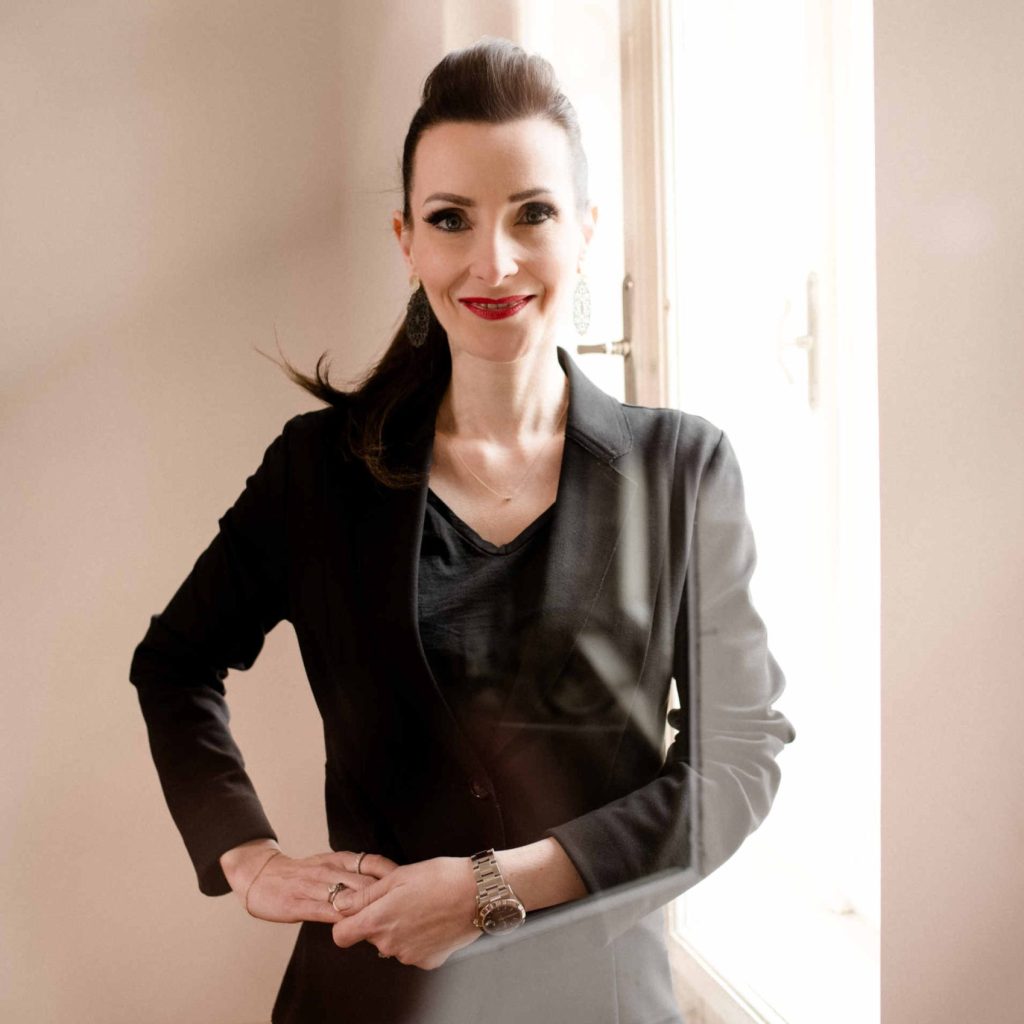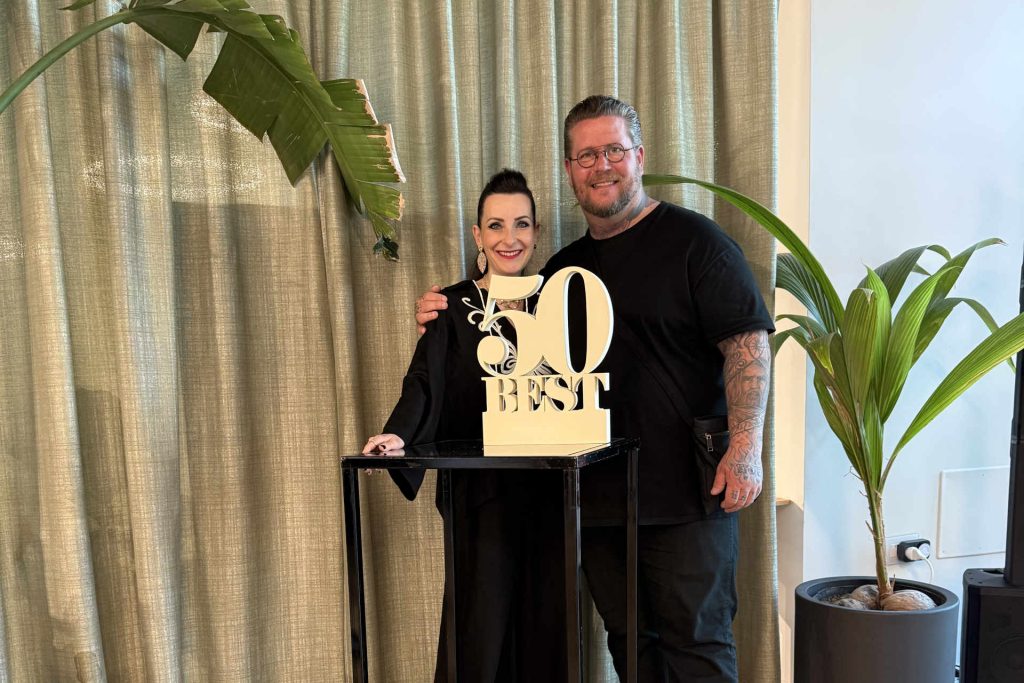

“When chefs break down psychologically, the best organic ingredient doesn’t help.”
What does sustainability really mean? For Eric Kragh Vildgaard from the three-star restaurant Jordnær in Denmark, it starts with people. In this interview, he talks about social responsibility, fishing with ikigime technology, new weekly working models – and why the restaurant industry should talk more about itself. Conducted as part of the World’s 50 Best Restaurants 2025 in Turin.
ALEXANDRA GORSCHE: In times of change - what is your appeal to colleagues when it comes to sustainability, collaboration and the future of the industry?
ERIC KRAGH VILDGAARD: We need to be honest about what sustainability really means. It's not just about the carrot on the plate - it's also about the team in the kitchen. I'm talking about social sustainability. If chefs break down psychologically, even the best organic ingredients won't help. We need more transparency, open discussions - and the understanding that no one has the right to act like an asshole just because they're under pressure.
What do you wish for the future of the fine dining scene?
I hope that we follow the creative spirit of this generation. There is a radical change. The Nordic wave was formative - but now we're looking for the next big thing. I think heritage cooking - working respectfully with traditions - is becoming more important. Korea is the creative epicenter for me right now.
Is fine dining being redefined through exchange and community?
Absolutely. It happens so quickly that we can hardly keep up. Ideas emerge, then disappear again - and sometimes it would be nice to simply slow down. Our industry doesn't have to constantly overperform to stay relevant. Sometimes more depth would be better than even more innovation.
What has been the biggest change in sustainability in the last five years?
Awareness. It's no longer just about “local”, but about the whole system: animal husbandry, feeding, fishing. I work a lot with fish - and fight against cheap imports. If you buy frozen shrimp, you might as well shoot the planet. 80% of the problem is in the sea, not on land. But this is forgotten because we don't see the sea.
Your cuisine is known for top quality fish and vegetables - what is the most difficult thing to achieve?
Everything that has to do with top quality is challenging. But fish is particularly complex. Hand-dived scallops, live langoustines - that's top quality, but only possible if the fishermen are paid fairly. We have sent two Danish fishermen to Japan to learn the ikigime technique - financed out of our own pocket. Unfortunately, there is little support because it is hardly economically viable.
And what does this mean for pricing in restaurants?
If a menu is expensive, there are reasons for this. The fish was caught with love - that costs time and money. But many chefs only look at the cost of goods sold, not the quality. That has to change. Sustainability starts with purchasing - and guests need to understand that.
How do you implement social sustainability in your business?
We were the first two-star restaurant in Denmark to reduce our opening hours. Instead of five days, we now have four. My wife and I have six children - we wanted a balance. It was a risk at first, but it worked: The quality increased, as did the profitability. Today we are closed on Saturday, Sunday and Monday. And more and more businesses are following our example.
Would you say you are actively shaping the Danish restaurant scene?
Yes, definitely. I see our ideas reflected in many other establishments. And that makes me proud. But the most important thing remains: We must not forget ourselves. Social sustainability is essential for the future of our industry.
Jordnær, which means “down-to-earth” in Danish, is a prime example of modern Danish hospitality. Founded in 2017 by married couple Eric and Tina Vildgaard, the three-star restaurant combines the highest quality with a family feel. Eric previously cooked in renowned restaurants such as Noma, Søllerød Kro and Almanak. Tina manages the service. Particularly noteworthy is the close cooperation with local fishermen - for example through the use of the Japanese Ikigime technique for ethically optimized fishing.
Note: This interview was conducted as part of the World's 50 Best Restaurants 2025, at the Meet the Chefs event in Turin, Italy, in June 2025.
Our industry doesn't have to constantly overperform to stay relevant.
Our industry doesn't have to constantly overperform to stay relevant.



What does sustainability really mean? For Eric Kragh Vildgaard from the three-star restaurant Jordnær in Denmark, it starts with people. In this interview, he talks about social responsibility, fishing with ikigime technology, new weekly working models – and why the restaurant industry should talk more about itself. Conducted as part of the World’s 50 Best Restaurants 2025 in Turin.